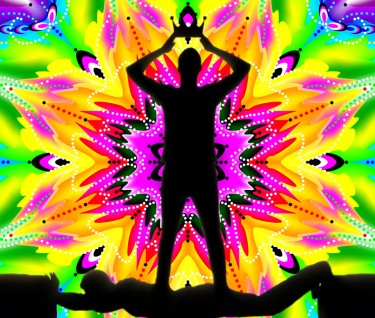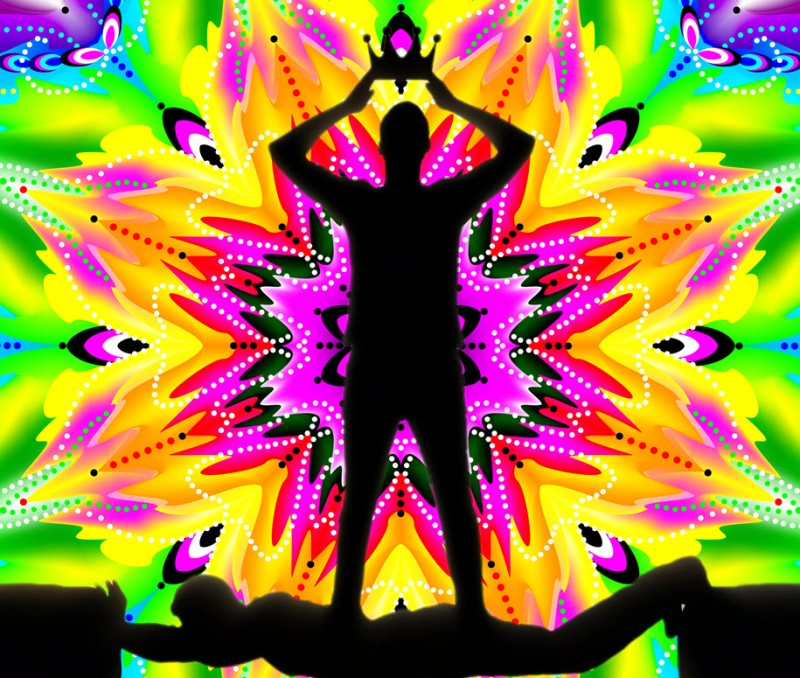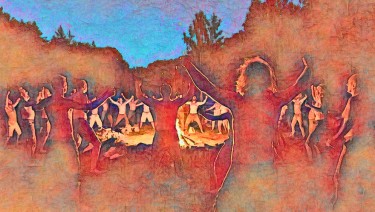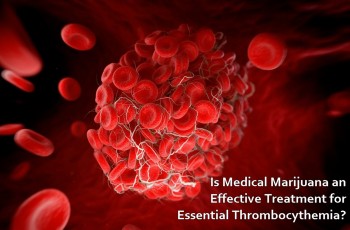
A recent study, released earlier this year proposes that ayahuasca may serve as a remedy for excessive self-love. Published in the Journal of Personality Disorders in April, the research is based on a three-month analysis involving over 300 adults. The study indicates that "ceremonial use of ayahuasca" led to self-reported alterations in narcissism.
However, the researchers advise caution, noting that the changes in effect size were marginal. Results varied across convergent measures, and observers reported no significant shifts. Despite these nuances, the study cautiously supports the notion of adaptive changes in narcissistic antagonism within three months following ceremonial experiences, suggesting potential efficacy for treatment.
Nevertheless, the study did not reveal significant shifts in narcissism. The researchers emphasized the need for further investigation to comprehensively assess the applicability of psychedelic-assisted therapy in addressing narcissistic traits and ego death, mainly through studies involving individuals exhibiting higher antagonism and employing antagonism-focused therapeutic approaches.
Ayahuasca and Narcissism: A Three-Month Analysis
Conducted with 314 adults participating in ayahuasca ceremonies at retreat centers in Peru and Costa Rica, the study imposed a minimum age requirement of 18 years. It excluded individuals with a personal or family history of psychotic disorders. Recruitment occurred through emails sent two weeks before the reservation start date at an ayahuasca retreat center.
Participants were incentivized with a detailed report on their personality changes and the opportunity to enter a raffle for a week-long retreat at one of the ayahuasca centers, valued at $1580, as compensation for their involvement, as reported by the publication.
The researchers mandated participants to fill out three surveys, with an added incentive of $20 or $30 for each survey completed. These surveys took place eight days before participants' attendance at an ayahuasca retreat center, during their stay, and three months post-retreat.
The assessments encompassed evaluations of narcissism, utilizing tools such as the Narcissistic Personality Inventory, Psychological Entitlement Scale, and a composite derived from the five-factor model personality facets.
Additionally, 110 informants, the participants' peers, carried out these assessments at the initiation and conclusion of the three months post-retreat.
Ayahuasca's Growing Acceptance and Transformative Impact
In recent years, ayahuasca and other psychedelics have gained widespread acceptance, with the public, research community, and governments increasingly recognizing their potential for enhancing mental health.
A study published last year revealed that individuals who have used ayahuasca generally experience more benefits than adverse effects from the drug. Originating from researchers in Australia, the study also acknowledged adverse effects among participants.
Many individuals are turning to ayahuasca as an alternative to conventional Western mental health treatments, driven by dissatisfaction with the latter.
However, the study emphasized that the transformative impact of this traditional medicine should not be underestimated, often leading to mental health or emotional challenges during the assimilation process.
While these challenges are typically temporary and viewed as part of a positive growth process, the authors cautioned that the risks are heightened for vulnerable individuals or when used in unsupportive contexts.
The study's press release outlined the key findings, revealing that 69.9% of the sample reported acute physical health adverse effects.
The most prevalent physical effects included vomiting and nausea (68.2% of participants), headache (17.8%), and abdominal pain (12.8%). Only 2.3% of participants experiencing physical adverse events sought medical attention for their issues.
In terms of mental health effects, 55% of all participants reported adverse outcomes, such as hearing or seeing things (28.5%), feeling disconnected or alone (21.0%), and having nightmares or disturbing thoughts (19.2%).
Despite these mental health effects, 87.6% of respondents attributing them to a positive growth process believed that they were either entirely or somewhat part of such a process, as stated in the press release.
The researchers also identified several factors that make individuals more susceptible to experiencing adverse physical events. These factors include older age, the presence of a physical health condition or substance use disorder, lifetime ayahuasca use, and consuming ayahuasca in a non-supervised context.
The authors noted that ayahuasca can lead to notable adverse effects, albeit rarely severe, as evaluated by the criteria typically applied to assess prescription medicines.
They emphasize that assessing ayahuasca practices using the same parameters as prescription medicines is challenging because the diverse effects of ayahuasca encompass difficult experiences that are inherent to the overall experience, some of which are considered integral to its healing process.
Policy Shifts and Legal Landscape: The Case of Berkeley, California
In Berkeley, California, this past summer, city officials endorsed a measure to decriminalize ayahuasca. The effort articulates the City of Berkeley's intent not to allocate city resources for investigations, detentions, arrests, or prosecutions stemming from alleged violations of state and federal laws related to the use of Entheogenic Plants.
It explicitly establishes the policy that no entity within the city, including but not limited to the Berkeley Police Department personnel, shall employ any city funds or resources to aid in the enforcement of laws that impose criminal penalties for the use and possession of Entheogenic Plants by adults who are at least 21 years old.
The decriminalization of ayahuasca in Berkeley, California, signifies a progressive shift in the city's approach to entheogenic plants. The approved measure reflects the city officials' determination to prioritize a stance of non-interference and non-utilization of resources concerning adults' use of these substances.
By adopting a policy that explicitly disengages city departments, agencies, and law enforcement from contributing to the enforcement of criminal penalties for the possession and use of Entheogenic Plants, the City of Berkeley embraces a more nuanced and open-minded perspective.
Conclusion
The conclusion drawn from the study and the broader discussion is clear: the therapeutic potential of ayahuasca, particularly in addressing narcissistic traits, is a nuanced and evolving area that warrants continued exploration. The study provides a window into potential adaptive changes, underscoring the need for a cautious approach to psychedelic-assisted therapy. It emphasizes acknowledging such treatments' transformative impact and possible adverse effects.
With the increasing interest in alternative mental health approaches, it becomes imperative to conduct further research and cultivate a comprehensive understanding of the risks and benefits associated with ayahuasca.






